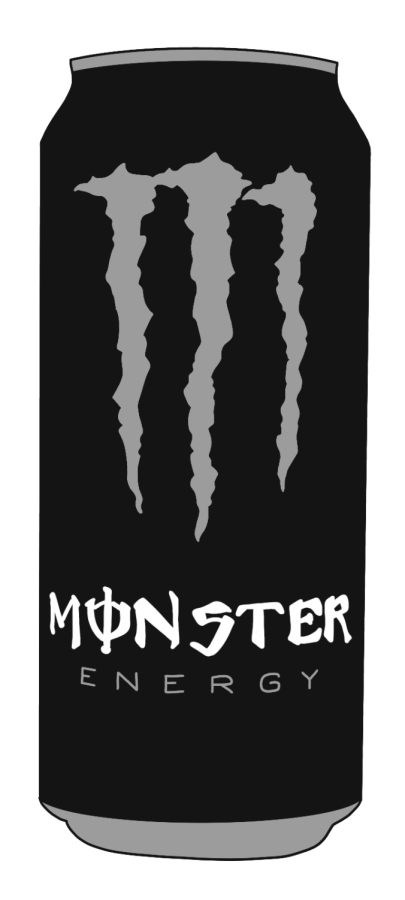OPINION EDITORIAL: Caffeine is detrimental to one’s health
With the mass-production of energy drinks, the normalization of high caffeine-level market items has been quickly and sharply brought about with a steady hand. Energy drinks that are often high in sugars and marketed as ways to boost energy and production have created a multi-generational paramountcy of caffeinated products. Presupposing this, the ascendancy of marketable caffeine items has been greatly exacerbated and boosted by vast corporate hegemonies that paint themselves as the epitome of extremity in order to attract young consumers and those vulnerable to follow business ploys. Now, consumers around the world are pumping themselves with products injurious to their lasting health and preventing their present-day conditions from being at the highest constituency possible.
Caffeine has a number of side-effects for all. In studies run by the University of Utah, it was found that caffeine toxicity is not uncommon – with high caffeine doses blood pressure drops. In addition to this, caffeine over-stimulates the nervous system, leading to the commonly known hyper behavior.
The adoption of poor caffeine habits may appear volitional, but it is far from it. Yet the question begs, why do many choose to drink high doses of caffeine despite the common knowledge of its harmful effects? Part of the answer can be attributed to the marketing campaigns behind products such as Red Bull. The Red Bull GmbH, Red Bull’s corporation, deliberately targets younger men through extreme sports: BMX, skateboarding and snowboarding. Through this advertising campaign, Red Bull plasters their logo all over the world on athletes and sideboards, illustrating the Red Bull product as being where it’s at. In recent years, however, Red Bull has gone further than extreme sports, even owning soccer teams. On these teams there is the Red Bull logo and other symbols picturing the Red Bull GmbH’s international success.
A byproduct of these marketing tactics, social factors also lead to the popularity of caffeine-beverages. In a study conducted in the dissertation of Alyson Ward at Utah State University, it was found that “peer influence items accounted for 39.8 percent of (all) energy drink consumption.” Seeing a friend with a Red Bull is very likely to cause another friend to pick up a Red Bull themselves, and so on.
There are alternatives to caffeine. Rolling Stone reported numerous alternatives, ranging from juices, teas and other herbal treatments and beverages. Of course, for those who are looking to avoid products that might be packed with sugars, making changes to one’s sleep schedule can also have bountiful benefits. Once caffeine is minimized or completely foregone, side effects such as jitteriness and fatigue will be eliminated and mental productivity will become serrated, making life better for all. Being careful of what one consumes does not require much effort, and disavowing caffeine can help make the world a finer place.


